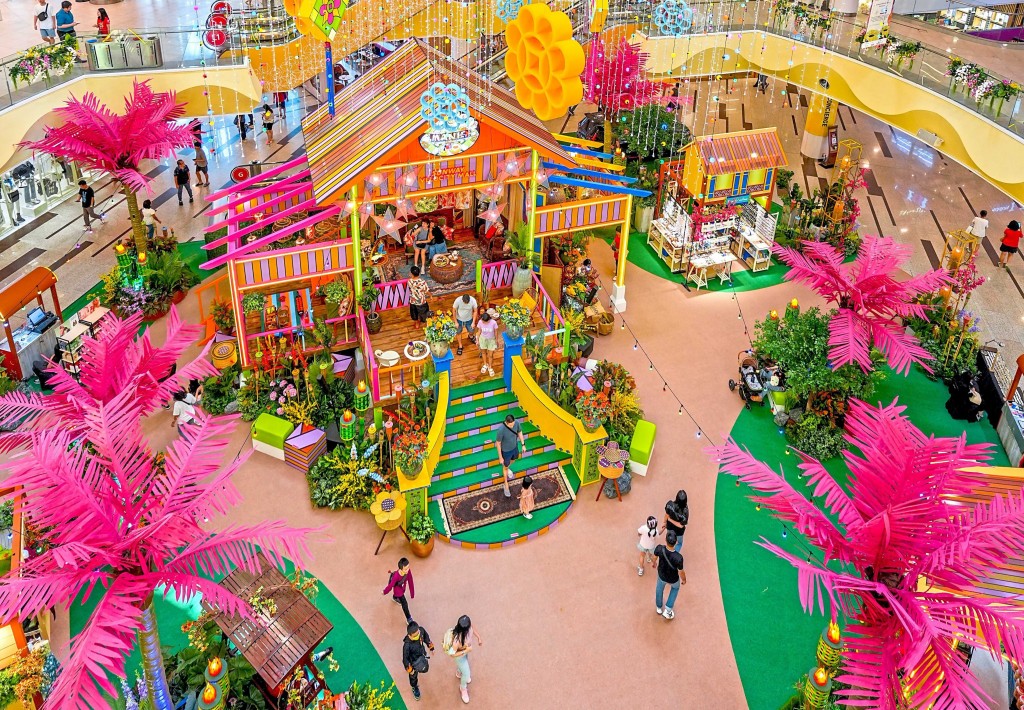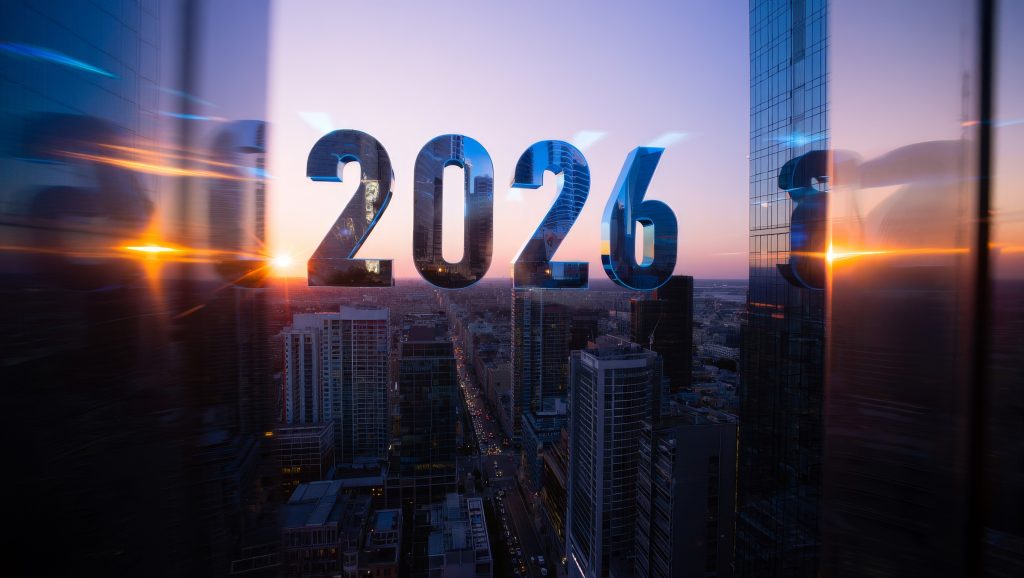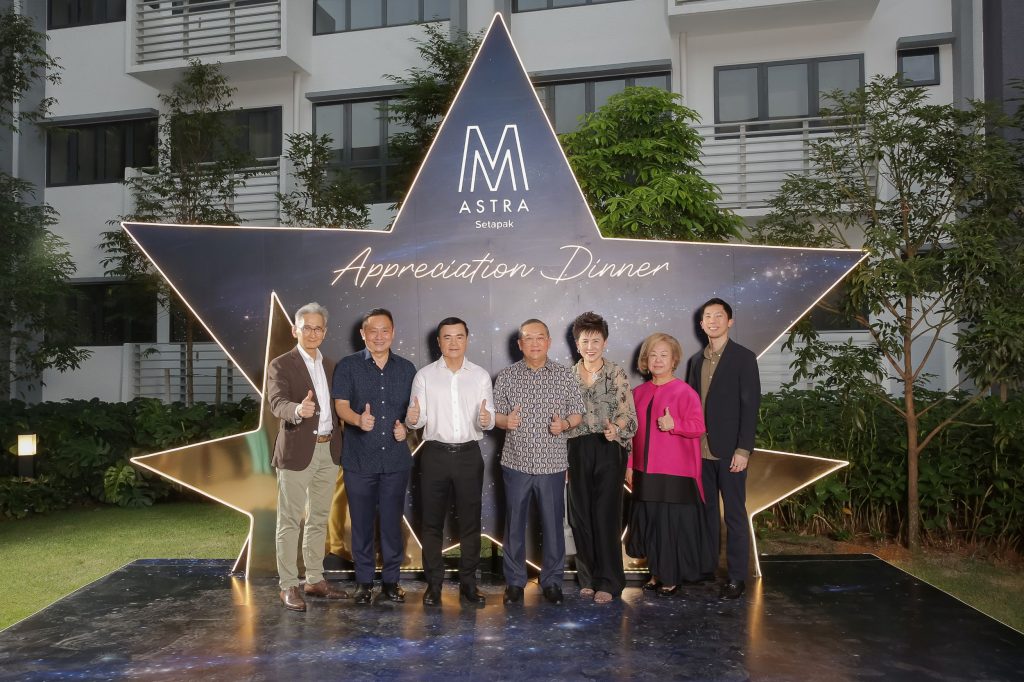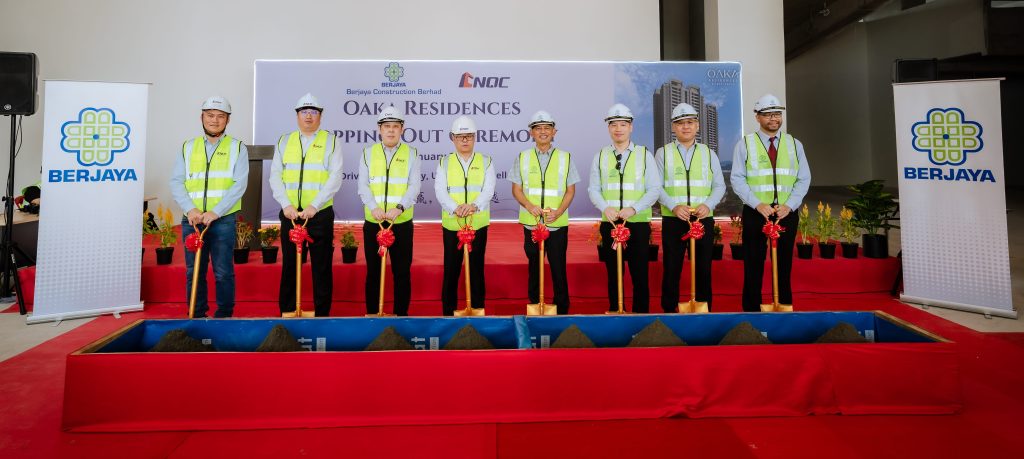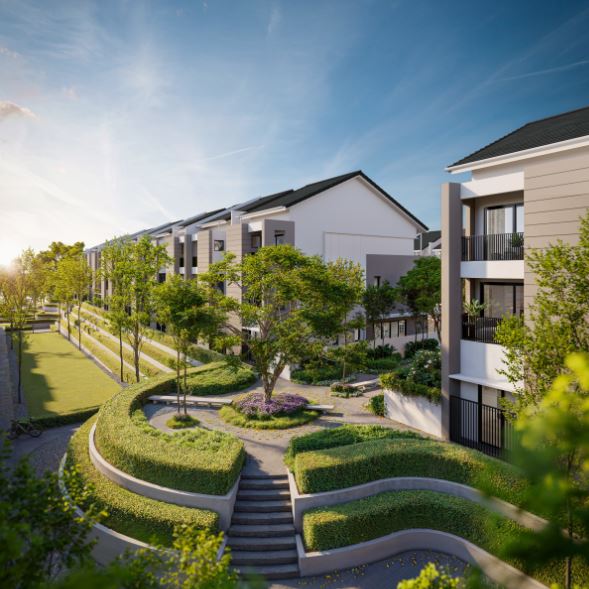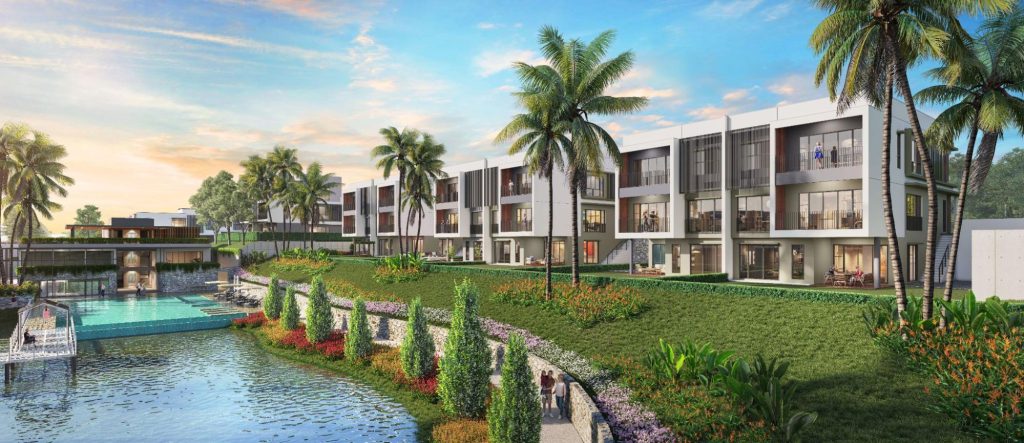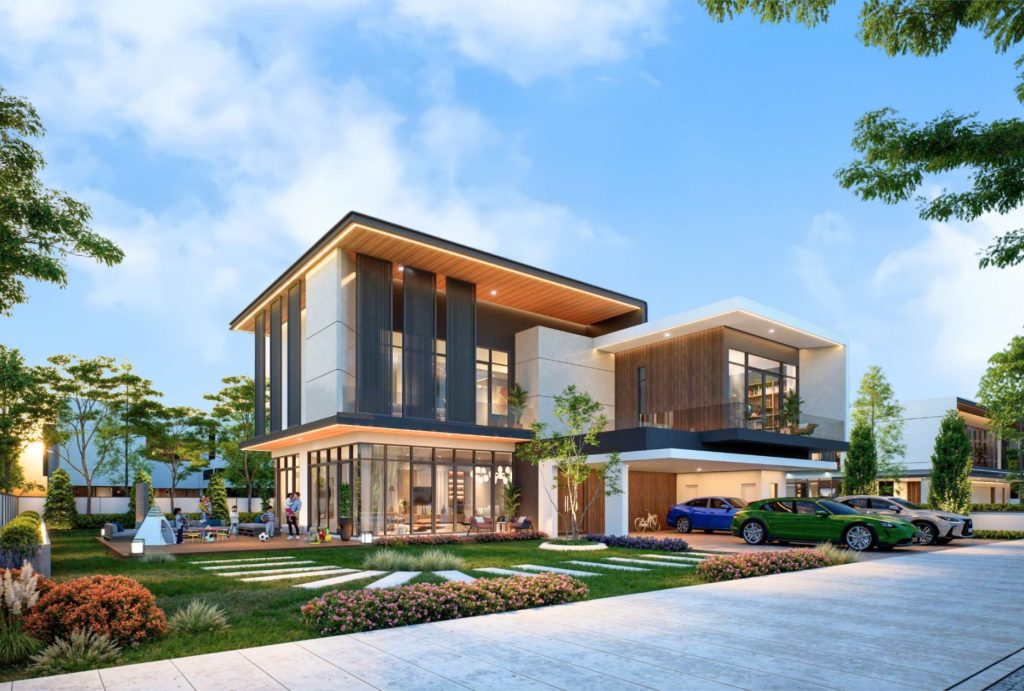Contributed by Evelyn Lo
Malls have increasingly adopted directions toward environment, social and governance (ESG) principles and sustainable development goals (SDGs), marking a significant shift from purely commercial interests to a more holistic sense of corporate responsibility. This movement goes far beyond a simple recycling bin in a food court. It represents a concerted effort from all stakeholders, including landlords, tenants and consumers, to create a greener, more responsible ecosystem.
For many years, waste management has been a cornerstone of this effort. Malls have sophisticated systems in place to sort waste and promote recycling but the initiatives have grown to be far more comprehensive. Many malls have implemented green building certifications, investing in energy-efficient lighting, smarter air conditioning systems and even on-site renewable energy through solar panels.
Sunway Malls, for example, has installed solar panels to power selected operating systems, in line with its commitment to a low-carbon future. The focus on responsible consumption has also led to partnerships with organisations like Kloth Cares, where malls provide collection points for old fabrics to be recycled and repurposed, keeping them out of landfills.
Other malls like Pavilion Kuala Lumpur have implemented on-site food composting machines to convert food waste into compost, which can then be used for urban farming projects. To prevent food waste, shopping centres like 1 Utama work with organisations like The Lost Food Project to rescue surplus edible food from participating F&B tenants. This collaboration supplies 6,000 meals a month to various charities and homes.
On the social front of ESG, malls are taking a more active role in community well-being. This includes creating spaces and initiatives that are inclusive and benefit a wide range of people. This reflects a growing awareness that malls must be welcoming and accessible to everyone.
Malls are becoming more than just shopping destinations. They are now key locations for public awareness programmes. For example, Suria KLCC's Mental Health Awareness initiative shows how malls can take an unconventional approach to educate the public. By creating safe spaces within malls, they provide a welcoming environment for open dialogue, allowing the public to learn about social issues in a more accessible and comfortable setting.
To encourage these practices, the Malaysia Shopping Malls Association (PPK Malaysia) hosts its annual Top Sustainability Practices Awards. These awards recognise the best efforts in environmental stewardship, community engagement and responsible governance, creating a benchmark for the entire industry and inspiring more malls to follow suit.
Malls as cultural and tourism hubs
The influence of shopping malls extends far beyond their local communities - they are vital to Malaysia's tourism sector. In 2023, shopping accounted for a remarkable 34% of total tourist expenditure, underscoring the country's reputation as a regional retail destination. Malls are not merely places to buy things but are also vibrant, multifunctional destinations that serve as cultural touchpoints for visitors.
Tourists are drawn to Malaysian malls for a variety of reasons, including their strategic locations near hotels, transportation hubs and urban landmarks. This convenience turns a shopping trip into an integral part of the urban experience. In cities like Kuala Lumpur and Penang, malls are the epicentres of cultural celebrations. During festive seasons such as Chinese New Year, Hari Raya and Deepavali, malls are adorned with elaborate decorations and host cultural performances, turning them into living showcases of Malaysia’s multicultural identity. For many tourists, visiting a mall during a festival is a direct and immersive way to experience the country's traditions and art. The modern mall experience also offers a comfortable, air-conditioned refuge from the tropical heat, allowing visitors to enjoy both international luxury brands and local delicacies in a single, pleasant environment.
From retail to community spaces
The statistics themselves tell a powerful story of growth. From the first purpose-built mall in 1965 to over 490 malls and 243 other retail centres by the end of 2024, the number of shopping destinations has grown at an annual compound rate of 12.9% over the last five decades. This relentless expansion is a testament to the industry's ability to adapt and innovate.
Early malls were often standalone buildings but the modern era has seen the rise of the live-work-play model. Today's mega-malls are often the heart of integrated developments that combine retail with residential units, office towers, and hotels. This not only provides a convenient lifestyle for residents but also creates a symbiotic relationship where the mall serves as the central hub for an entire urban ecosystem.
Developments like Kuala Lumpur City Centre (KLCC), Tun Razak Exchange (TRX), Bukit Bintang City Centre, Sunway Velocity and IOI City Mall are prime examples, where a single development seamlessly blends shopping, dining, entertainment and living into a cohesive, walkable environment. This trend ensures that malls remain a relevant and vital part of urban life, moving beyond their traditional role and cementing their status as indispensable community spaces for all.
Looking ahead, the future of shopping in Malaysia looks set to remain vibrant and dynamic. As malls continue to embrace their new roles as stewards of sustainability, cultural ambassadors, and integral parts of urban communities, they will undoubtedly continue to shape the nation's economic and social landscape for years to come.
This news was first published in StarBiz 7.
Stay ahead of the crowd and enjoy fresh insights on real estate, property development and lifestyle trends when you subscribe to our newsletter and follow us on social media.

